CLOMIPHENE GENETIC
$50.00 Original price was: $50.00.$45.00Current price is: $45.00.
Package: 50 tabs (50mg/tab)
Active Substance: Clomiphene Citrate
Clomiphene, marketed by Genetic Pharmaceuticals, is a widely used oral medication known for its effectiveness in treating infertility in women. Additionally, it is highly valued in the fitness and bodybuilding communities for its role in Post Cycle Therapy (PCT). This guide will explore Clomiphene, also known as Clomiphene Citrate, in detail, covering its indications, contraindications, administration, medical action, precautions, side effects, overdosage, and conclusion.
Indication
Clomiphene is primarily indicated for:
- Infertility Treatment in Women: Clomiphene is commonly prescribed to stimulate ovulation in women who have difficulty conceiving due to ovulatory dysfunction. It is often used in cases of polycystic ovary syndrome (PCOS) and other ovulation-related issues.
- Post Cycle Therapy (PCT): In the fitness and bodybuilding world, Clomiphene is used during PCT to help restore natural testosterone production after a cycle of anabolic steroids. It is essential for maintaining muscle gains and preventing estrogen-related side effects such as gynecomastia.
These indications highlight the versatility of Clomiphene in both medical and performance-enhancing contexts.
Contra-indications
Clomiphene should not be used in the following situations:
- Pregnancy: Clomiphene is contraindicated in pregnant women as it can cause harm to the fetus.
- Liver Disease: Individuals with liver dysfunction or a history of liver disease should avoid Clomiphene due to potential liver toxicity.
- Uncontrolled Thyroid or Adrenal Disorders: People with uncontrolled thyroid or adrenal gland disorders should not use Clomiphene.
- Hypersensitivity: Those who have had an allergic reaction to Clomiphene or its components should not use this medication.
- Ovarian Cysts: Clomiphene is contraindicated in women with ovarian cysts not related to polycystic ovary syndrome, as it can exacerbate the condition.
Consulting a healthcare provider before starting Clomiphene is essential to ensure it is safe based on individual health conditions and medical history.
Administration
Clomiphene is administered orally in tablet form. The dosage and treatment duration depend on the specific condition being treated.
- For Infertility Treatment: The typical dosage for inducing ovulation is 50 mg per day for five days, starting on the fifth day of the menstrual cycle. If ovulation does not occur, the dose may be increased to 100 mg per day in subsequent cycles.
- For Post Cycle Therapy (PCT): In the context of PCT, the dosage and duration can vary. A common PCT protocol involves taking 50 mg of Clomiphene daily for 4-6 weeks after completing a cycle of anabolic steroids. The goal is to stimulate natural testosterone production and mitigate estrogenic side effects.
Following the recommended dosage and treatment protocols ensures the effectiveness and safety of Clomiphene.
Medical Action
Clomiphene works by interacting with estrogen receptors in the hypothalamus, a part of the brain that regulates hormone production. Its primary actions include:
- Stimulating Ovulation: Clomiphene blocks estrogen receptors in the hypothalamus, leading to an increase in the release of gonadotropin-releasing hormone (GnRH). This, in turn, stimulates the pituitary gland to produce more follicle-stimulating hormone (FSH) and luteinizing hormone (LH), which promote ovulation.
- Restoring Natural Testosterone Production: In men, Clomiphene helps restore natural testosterone levels by increasing the production of LH, which stimulates the testes to produce testosterone. This is particularly important during PCT after a cycle of anabolic steroids.
These actions make Clomiphene an effective drug for treating infertility and for use in PCT.
Precautions
Using Clomiphene requires certain precautions to ensure safety and effectiveness:
- Health Monitoring: Regular monitoring of ovarian response through ultrasound and blood tests is recommended for women undergoing fertility treatment with Clomiphene.
- Avoiding Long-Term Use: Prolonged use of Clomiphene can lead to ovarian hyperstimulation syndrome (OHSS) and other complications. It is recommended to limit treatment cycles to avoid these risks.
- Visual Disturbances: Some users may experience visual disturbances, such as blurring or spots, which usually resolve after discontinuing the medication. If these symptoms occur, it is important to seek medical advice.
- Mood Changes: Clomiphene can cause mood swings and emotional changes. Monitoring mental health and discussing any significant changes with a healthcare provider is important.
Adhering to these precautions helps minimize risks and ensures the safe use of Clomiphene.
Side Effects
Clomiphene can cause a range of side effects, some common and others more severe. Common side effects include:
- Hot Flashes: Many women experience hot flashes as a side effect of Clomiphene.
- Abdominal Discomfort: Some users may experience abdominal discomfort or bloating.
- Breast Tenderness: Clomiphene can cause breast tenderness or pain.
- Mood Swings: Emotional changes and mood swings are common side effects.
Less common but more serious side effects include:
- Ovarian Hyperstimulation Syndrome (OHSS): In rare cases, Clomiphene can cause OHSS, a potentially serious condition characterized by swollen, painful ovaries.
- Visual Disturbances: Some users may experience visual disturbances, which usually resolve after discontinuing the medication.
- Multiple Pregnancies: Clomiphene increases the likelihood of multiple pregnancies (e.g., twins or triplets).
To minimize the risk of side effects, it is crucial to adhere to the recommended dosage and treatment guidelines and to monitor any adverse reactions closely.
Overdosage
Overdosing on Clomiphene can be dangerous and requires immediate medical attention. Symptoms of overdose may include:
- Nausea and Vomiting: Severe gastrointestinal distress.
- Visual Disturbances: Severe blurring or other visual changes.
- Ovarian Hyperstimulation: Symptoms of OHSS, such as severe abdominal pain, swelling, and shortness of breath.
In the event of an overdose, it is essential to seek emergency medical assistance. Treatment typically involves supportive care, including monitoring of vital signs and symptom management.
Conclusion
Clomiphene from Genetic Pharmaceuticals is a versatile oral medication used primarily for treating infertility in women and as a critical component of Post Cycle Therapy (PCT) in the fitness and bodybuilding communities. Understanding the indications, contraindications, administration, medical action, precautions, side effects, and overdosage information is essential for safe and effective use.
When used responsibly and under medical supervision, Clomiphene can be a valuable tool for achieving fertility goals and restoring natural hormone balance after anabolic steroid cycles. It is crucial to follow the recommended dosage, treatment protocols, and monitoring guidelines to maximize benefits and minimize potential risks.
As with any medication, the benefits of Clomiphene come with potential risks. By adhering to recommended guidelines and being vigilant about monitoring side effects, users can maximize the positive effects while minimizing potential harm. Always consult with a healthcare provider before starting Clomiphene to ensure it is appropriate for your individual health needs and goals.
With the right approach and careful management, Clomiphene can help individuals achieve their fertility and fitness objectives, making it a valuable addition to a well-rounded health and wellness regimen.
Popular Brands
Popular Categories
-

Winstrol/Stanozolol10 Products
-

Turanabol/4-Chlorodehydromethyltestosterone7 Products
-

Trenbolone Mix8 Products
-

Trenbolone Enanthate9 Products
-

Trenbolone Acetate7 Products
-

Testosterone Propionate8 Products
-

Testosterone Mix14 Products
-

Testosterone Enanthate8 Products
-

Testosterone Cypionate7 Products
-

Primobolan7 Products
-

Parabolan9 Products
-

Oral Steroids48 Products
-

Nandrolone Phenylpropionate7 Products
-

Nandrolone Decanoate6 Products
-

Injectable Steroids137 Products
-

Injectable Mix11 Products
-

Drostanolone Propionate7 Products
-

Drostanolone Enanthate8 Products
-

Dianabol/Methandienone9 Products
-

Boldenone Equipoise9 Products
-

Anavar/Oxandrolone10 Products
-

Anadrol/Oxymetholone5 Products

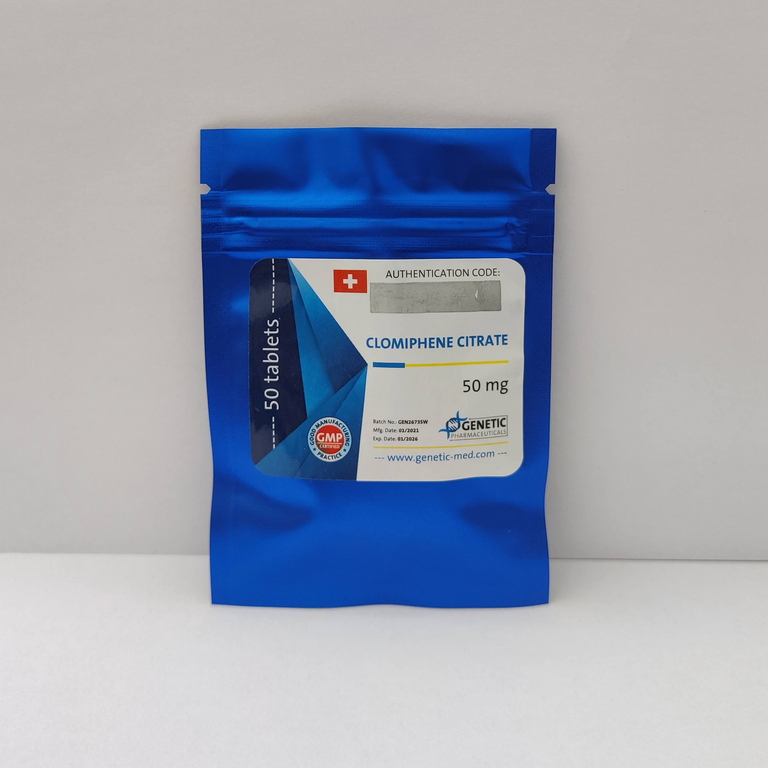
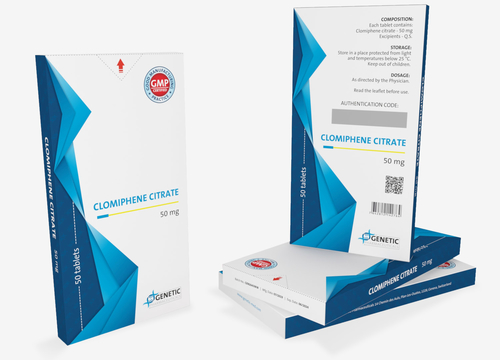
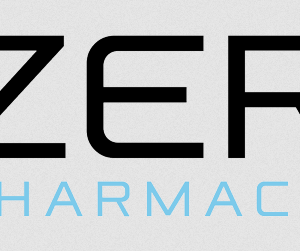
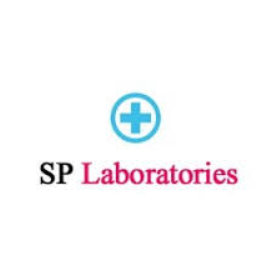


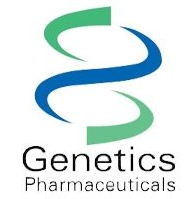
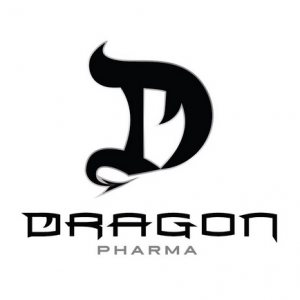



Reviews
There are no reviews yet.